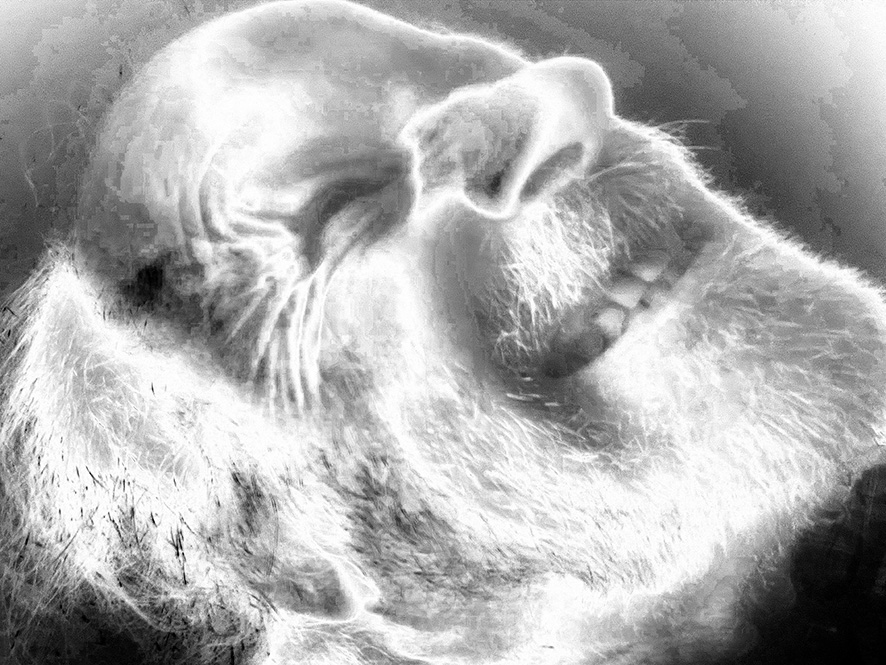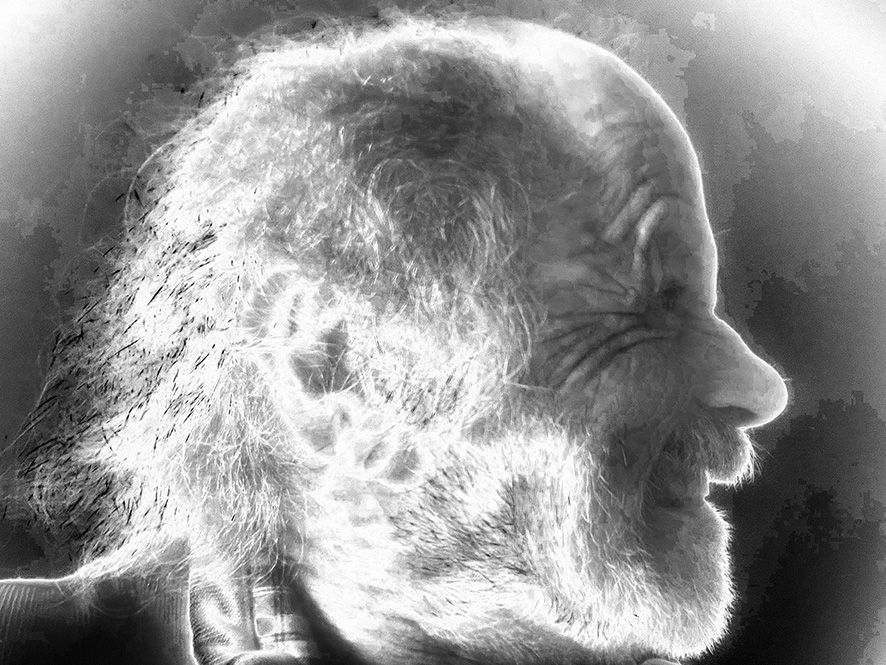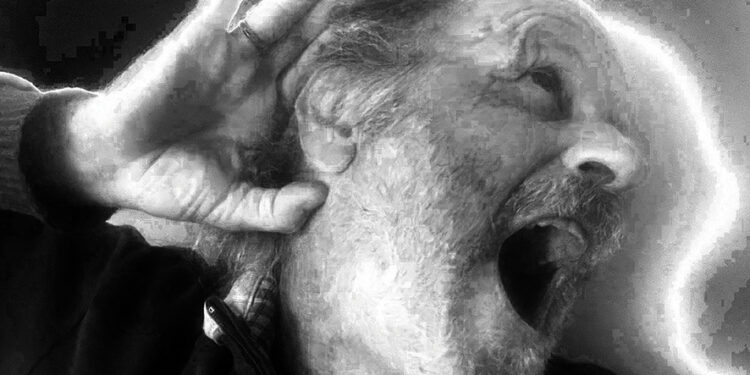May I complain for a minute?
I seem to have quite a sensitive ear. Having heard a song a few times, I can then karaoke it on-key. Our first Samsung clothes washer (in Svaneti) had a tune it played when the cycle was done, but one note was a bit off. Forever. It jarred horribly on my ears. The new one we bought, for our Tbilisi place, is the same brand, but a few years newer, AND with that wrong note corrected. Whew.
Now, there’s an American guy’s voice doing a LOT of the commentary on my wife’s Facebook feed (much less on mine, and I have my phone on mute most of the time anyway). It’s got some special twang and intonation to it that, designed or not, seems to get right under my skin. I can pick his speech out from anyone else’s instantly; and, sorry to say, I hate that voice with a passion. Something “smarmy” about it, I don’t know.
I fully expect that no one is being paid to sit there and spout whatever gossip or drivel is shoved in front of him. Much more likely is that he’s an AI voice, based off a real man for sure, but for a long time now just cobbling together the words and sentences from a given text.

There’s an element of doubt, though, because I don’t think I’ve caught him in an error of intonation or pronunciation which points him out as “computer speech on a learning curve.” None of what science is calling the Uncanny Valley, something about computed visuals or speech which doesn’t sit right enough for the average human to accept it. I know that AI is indeed “learning” and “improving” in these matters; for now, at the drop of a hat, I can still distinguish fake from real photos and videos online. Either the image contradicts what I know to be true about the real world, or, especially with videos, it doesn’t either move or present correctly.
The gap is closing, though.
Does anyone wonder, with a language as nearly phonetically perfect as Georgian, whether the AI woman’s voice on Tbilisi buses is reading Georgian WORDS or just LETTERS? The latter would be so much easier to do in this language than in English, because of the pronunciation chaos which IS English, a borrower from so many other world languages, with several deep layers to its structure. It’s why you could hardly have a spelling competition in any other language than English, too (although they have dictation-to-text competitions in French). Give any Georgian preschooler who knows their alphabet any word in the language, properly pronounced, and they’ll be able to spell it perfectly. Try THAT with English!
I know that when photography was discovered (its bicentennial is in 2026!), painters of the day denigrated it with fury. Realist painters reacted similarly as Impressionism took hold. As did film photographers during the advent of digital image capture. But all of these pairs or sets of art have continued to coexist with each other; film photography shuddered on the cliff’s edge, then took a giant step away and is now booming again. Will AI arts of all forms –spoken word, still images, silent video, video with full audio and so on– merely shoulder its way in among its older siblings, or kill any of them off, partially or outright? This is my question.

As a photographer, writer and artist, I’ve dabbled in AI-generated still images from my text prompts, and similarly generated written pieces (a whole article for GT, once, in which EVERY word was plagiarized. I checked). And then I walked away, not getting hooked, preferring my own art made my way. That said, I did marvel at the first piece the Guardian online paper posted as an example of pretty good AI-generated writing.
Human-made art, using whatever tools, still has a mind and heart behind it. “Art” produced “solely” by AI is, so far, by definition, mindless, soulless (yes, a couple of weeks ago, the news was that an AI had passed the Turing Test in which a person can’t tell if it’s another person or a machine). Step by step… into who knows what. But you, owner or producer of that particular American male voice on social media, kindly keep it out of my ears.
By the way: all these disturbing images are phone selfies modified in Photoshop. I know how to get the same effects using film and a darkroom, though… including “solarization,” or the Sabattier Effect.
Blog by Tony Hanmer
Tony Hanmer has lived in Georgia since 1999, in Svaneti since 2007, and been a weekly writer and photographer for GT since early 2011. He runs the “Svaneti Renaissance” Facebook group, now with over 2000 members, at www.facebook.com/groups/SvanetiRenaissance/
He and his wife also run their own guest house in Etseri: www.facebook.com/hanmer.house.svaneti














